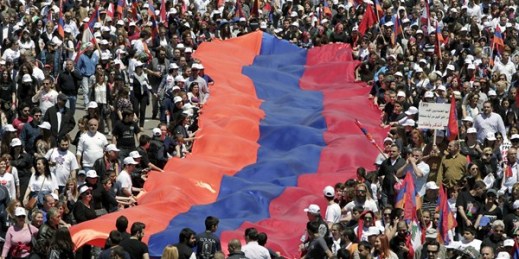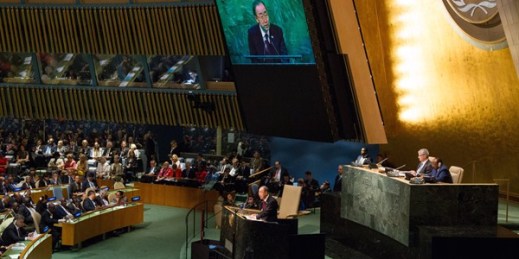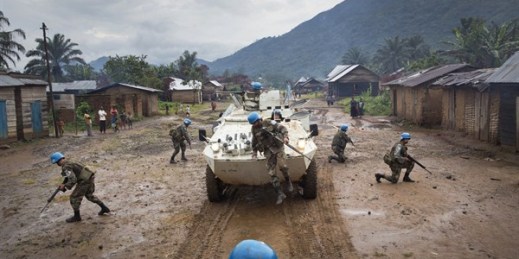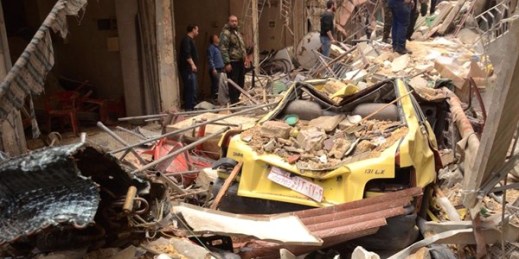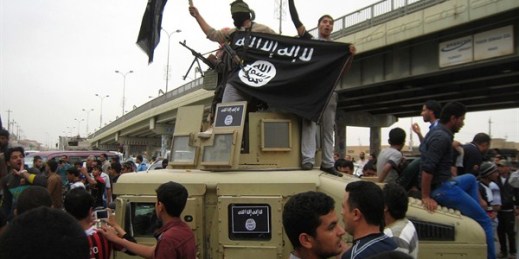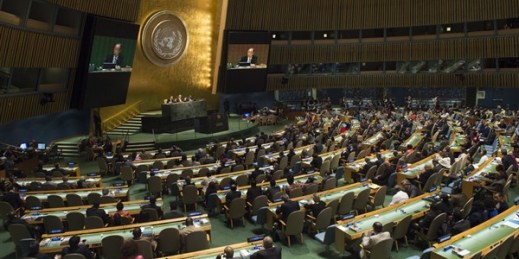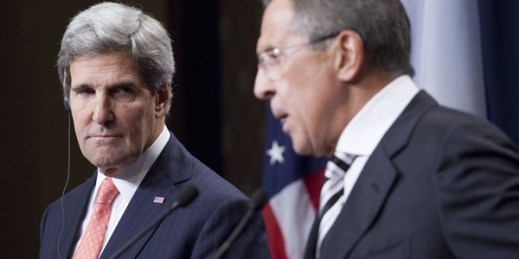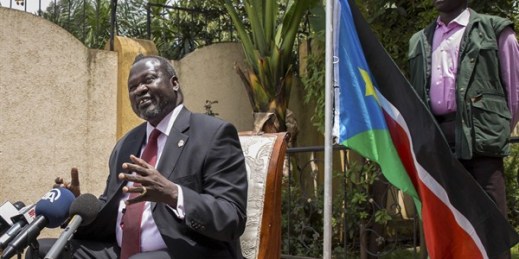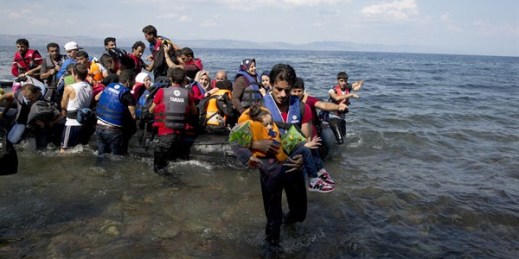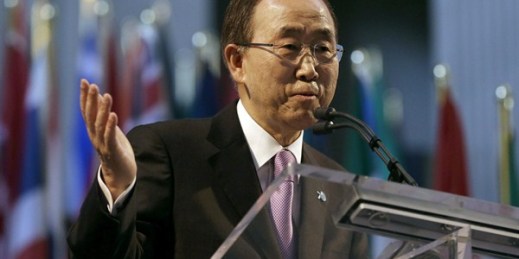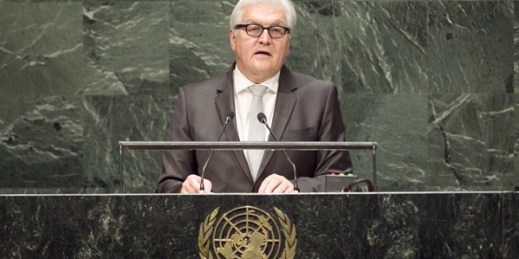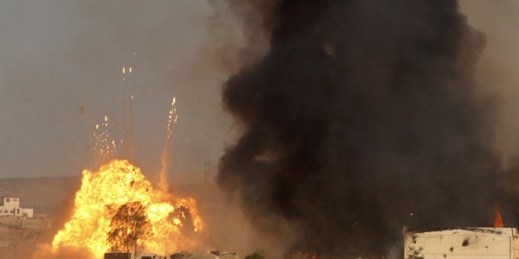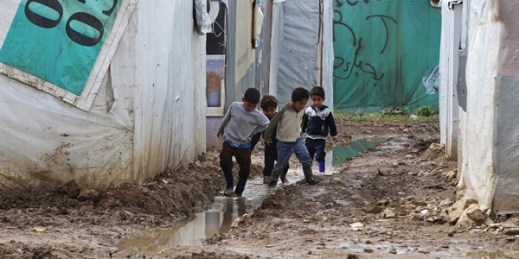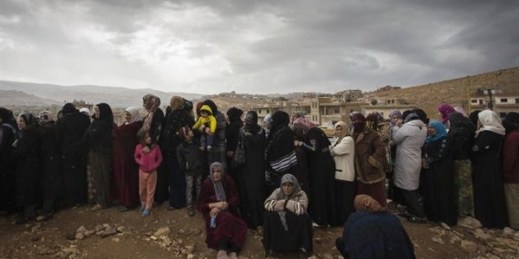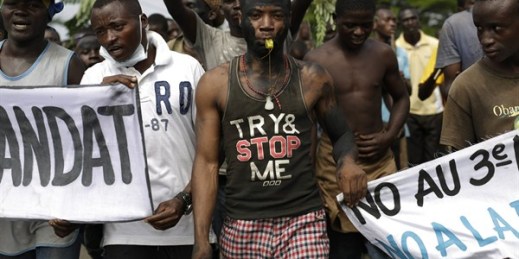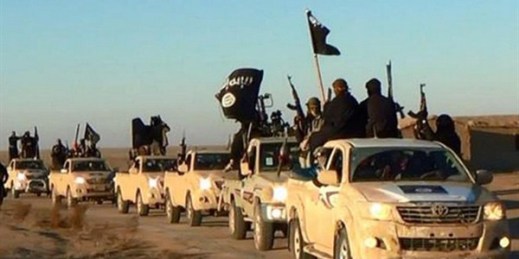
Russian President Vladimir Putin’s decision to intervene militarily in Syria and work with Iran and Iraq to defeat the Islamic State has been met with a rather predictable response among Washington pundits: Putin is strong, and Barack Obama is weak. “Like Iran, Putin is willing to back up his pursuit of his interests with force,” writes Eliot Abrams in the National Review. “U.S. deterrence is dead,” says the American Enterprise Institute’s Danielle Pletka. The Washington Post editorial page bemoans Obama’s lack of a strategy for Syria and noted that while “shortsighted and cynical . . . at least Mr. Putin […]


